
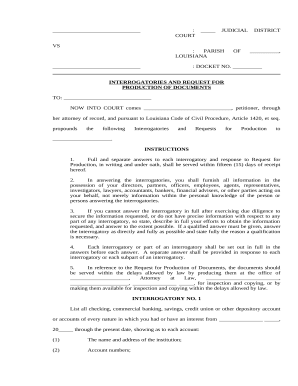
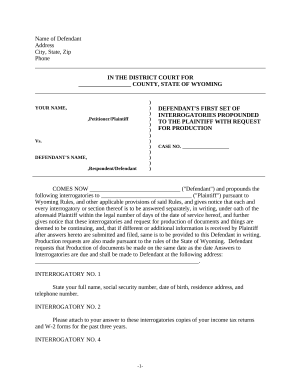
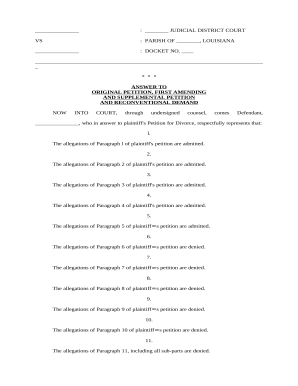
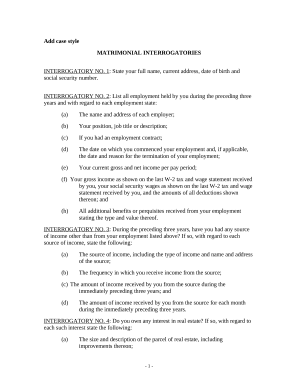
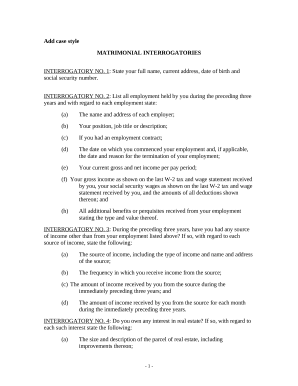
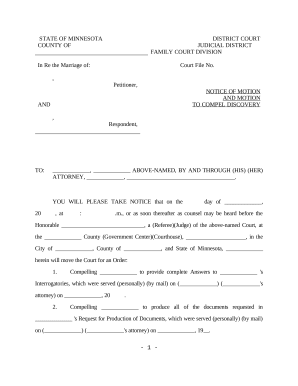
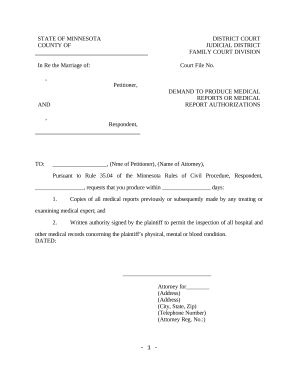
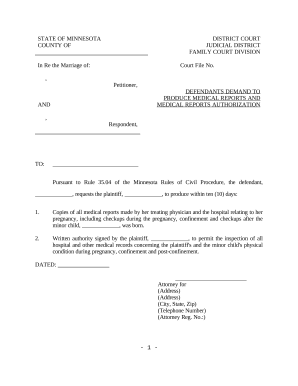
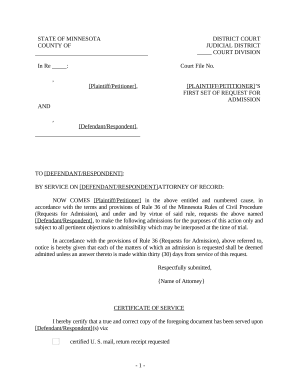
Speed up your document management with the Discovery in divorce proceedings library with ready-made document templates that meet your needs. Get your document template, change it, fill it, and share it with your contributors without breaking a sweat. Begin working more efficiently with the forms.
The best way to use our Discovery in divorce proceedings:
Explore all of the opportunities for your online document administration with the Discovery in divorce proceedings. Get a free free DocHub profile today!